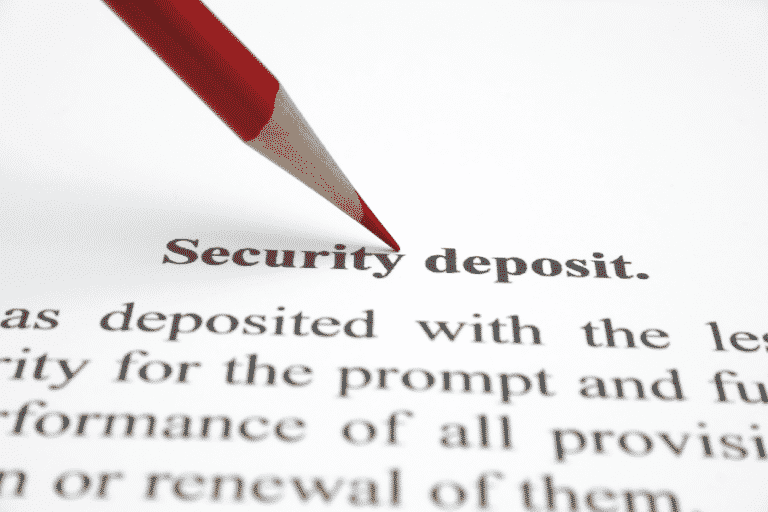
Are security deposits a reasonable source for next month’s rent?
In our Covid-19 world (may it soon be only a memory) landlords and tenants have some important decisions to make. However, it may be possible to cross one of them off the list—figuring out how to satisfy next month’s rent check. That’s important, because whether the doors are closed by government order, as a result of social pressure or out of personal concern, the ripple effects will invariably be far-reaching. They start at the property but extend to the local economy, ownership partners and even lenders.
Stakeholders in commercial real estate often view the lease as a control mechanism. But what if we were to mine leases for potential strategic tools as well?
The security deposit may be one place to look. Typically, it’s regarded as a backstop to cover shortfalls related to negligence or default. But right now, landlords, tenants, ownership partners and lenders are all looking to buy one thing: time. Using the security deposit to cover rental payments (tenants’ deposits often amount to at least one monthly payment) could provide exactly that.
While using the deposit to cover current rent may be unconventional, if the present-day situation isn’t an outlier calling for creative thinking, what is?
Naturally, all stakeholders will need to collectively and formally approve this use of funds. There are also legal considerations that may vary state-by-state (Reminder: CREModels is not a law firm). However, landlords have strong reasons for making this strategic adaptation, even if the goal is just to gain some time to huddle with attorneys to better understand how clauses related to Force Majeure or temporary taking may apply.
When will we return to some level of normalcy? The truth is that nobody knows, but allowing tenants to use the deposit in this way could not only provide temporary relief, but also strengthen their relationships with landlords.
A key component: The landlord and tenant will need to agree on a schedule to replenish the deposit account. This could be accomplished in several ways. For example, if the lease is newer with decent term remaining, replenishment could be amortized over a time period deemed satisfactory by the lender.
This too shall pass. Once stakeholders in commercial real estate have had time to reflect on what we “didn’t see coming,” they will benefit from various insights into ways to mitigate risk moving forward. Already, the pandemic has shed light on the need to reevaluate what passes for “security” in our industry.
After all, how much security does the deposit offer if that cash is not immediately accessible? In a crisis, landlords may not have the time to “cash in” on a tenant’s letter of credit. Moreover, the costs associated with waiving security deposits may come into sharper focus as a result of this crisis.
Today, everyone is in the same position: Even national credit tenants are working with landlords to mitigate losses and soften the blows.
With shocking speed, the economy went from robust to crippled. As noted in PWC & ULI’s Emerging Trends in Real Estate, a global pandemic was barely on any forecaster’s radar.
For now, though, we ought to look at what is imminent—next month’s rental payment—and a readymade solution may already be built into the tenant’s lease.
How CREModels can help
Landlords and tenants need to perform complex scenario analysis as they structure lease workouts that work for both parties. While evaluating options on a single lease can be straightforward for a tenant with one location, landlords need to consider the impact of these negotiations on their other leases in the same property (don’t forget about co-tenancy) as well as how this may affect their entire portfolio. Similarly, tenants with multiple locations also have complicated analyses to perform, as modifications to their lease commitments will almost certainly impact their cash flows going forward.
CREModels builds scenario analysis models for landlords and tenants to evaluate a variety of options (including the use of security deposits) when negotiating and restructuring leases.
Our tools, such as the CRE Suite, were built to handle the ever-changing and uncertain situations we see today in commercial real estate.

